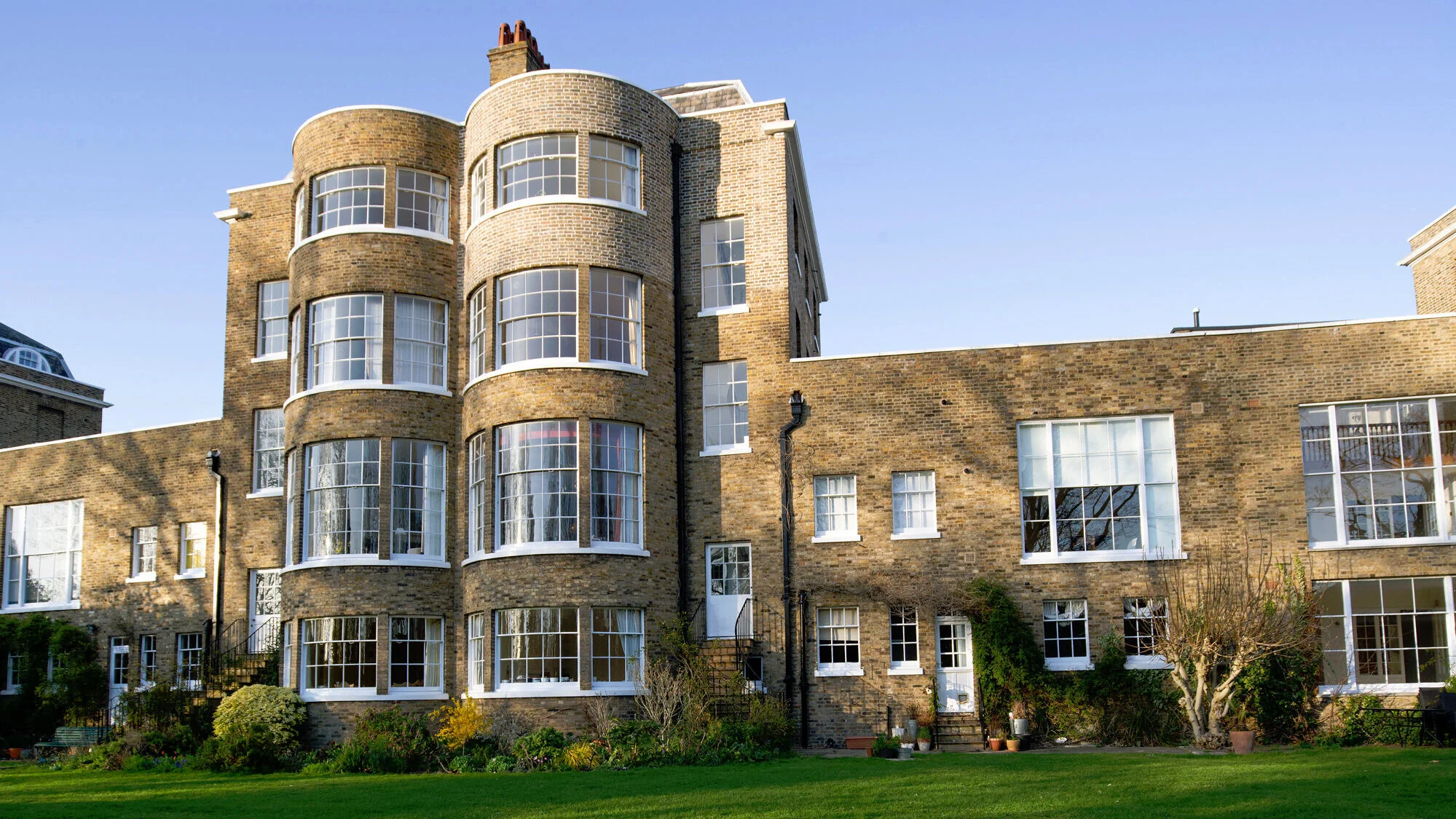
Buildings.
Grade One Listed.
By virtue of its Grade One listing (awarded to The Paragon along with other buildings of "exceptional interest" such as St Pauls, Buckingham Palace, the Royal Albert Hall and Nelson's Column), all alterations to the exterior elevations or interior spaces of The Paragon require Listed Building Consent. Consent is also required for alterations to any object or structure which lies within the grounds or “curtilage” of a listed building and was constructed before 1st July 1948.
Picture credit: www.seanmyers.co.uk
Buildings which are listed or which lie within a conservation area are protected by law. This does not mean that they can never be altered, but carrying out relevant work without the appropriate consent is a criminal offence and may leave the lessee, developer and building contractor liable to prosecution, fines and even imprisonment.
The local authority can also require the individual responsible to restore the building to its state before work commenced or to carry out works to mitigate the effects of the damage under a “listed building enforcement notice”.
The division of responsibility for enforcing listing requirements initially seems confusing. In England for example, two Government departments and Historic England are involved in planning matters in addition to at least two local authority departments, several voluntary bodies and in some areas, county and parish councils.
However, almost all applications are made to the local authority's planning department. (The local authority is variously called the district, borough, city or county borough council, and should not be confused with county councils and parish councils) In most cases the planning officer or conservation officer appointed by the council is the only person likely to be dealing with planning and conservation issues.
Particularly complex and/or contentious applications affecting historic buildings may also involve a conservation officer from Historic England.
Buildings Guidelines.
* derived from clauses in the leases
Keep windows clear of items which do not conform with the external appearance of the Building (eg: hanging clothes; signboards; placards)*
Do nothing that might affect the validity of the insurance of the building*
Barbeques on the roof of the building are forbidden*
No musical instruments to be played or appliances to be used between midnight and eight a.m.*
Bicycles must not be chained to railings*
No animal to be kept which may occasion annoyance to other residents*
Floors of flats above garden level should be covered in such a way as to minimise the transmission of sound to neighbouring flats*
No business or profession whatsoever will be carried out upon the Premises*
Residents must not do, or permit to be done, anything which causes annoyance, nuisance, damage or disturbance*
